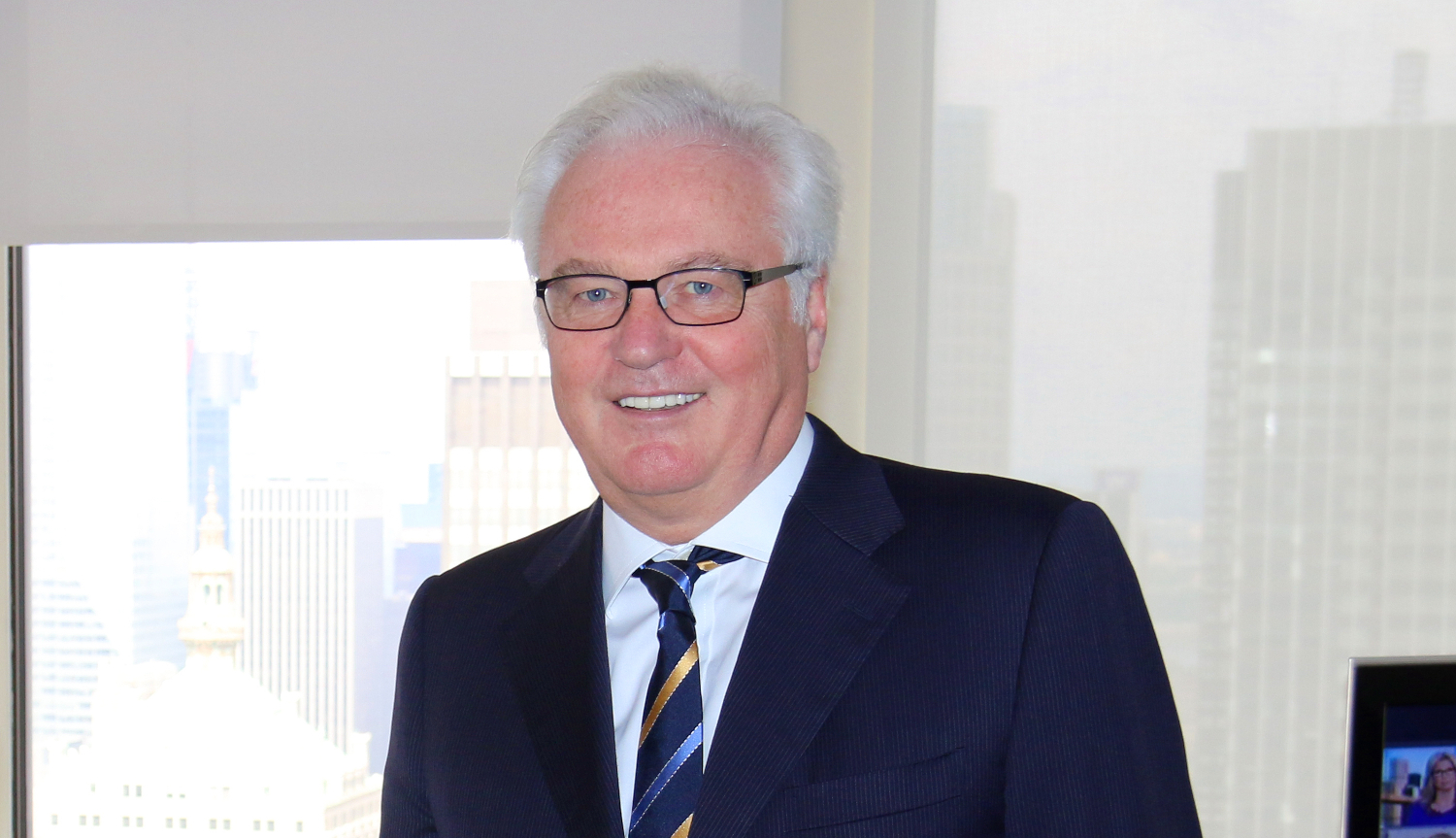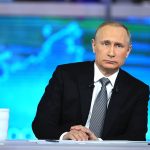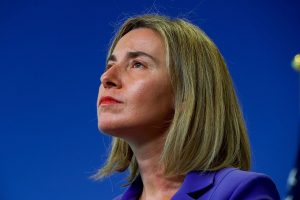by Robert E. Hunter
The death at age 64 of the Russian ambassador to the United Nations, Vitaly Churkin, calls for a moment of reflection about the course Russia has taken since the Soviet Union’s collapse.
US officials and the U.S. media regularly characterized Churkin as a difficult customer, defending the indefensible. In the eyes of US critics of Russia, what he said and did at the UN was often unacceptable.
But there is value in trying to separate the message from the messenger when assessing diplomats. Churkin could be strident and arrogant in promoting the Russian case, but he could also be charming and accommodating. I saw both sides when he was ambassador to Belgium from 1994 to 1998 and represented the Russian Federation at NATO headquarters. I was then US ambassador to NATO, got to know him well, and interacted with him on a regular basis.
When he first arrived in Brussels, Churkin tried to treat representatives at NATO from countries that had once been part of the Soviet Union as “lesser breeds.” In response, representatives of these newly sovereign and independent countries put him in his place, as did we NATO ambassadors.
To his credit, Churkin quickly learned his lesson. More to the point, he was a first-class professional diplomat. Let me emphasize the word “professional.” That meant that, whatever we thought of Russian policies and actions at any time, he represented his country correctly, precisely, and, yes, honestly. If he made a commitment on Moscow’s behalf, it was honored. He made suggestions on how Russia could contribute to overall European security. And if he said he could not agree to something we wanted Russia to do, he presented the unwelcome message directly, without embroidery or name-calling. He became, in fact, a trusted interlocutor: not meaning a “nice guy” or “malleable” or “seeking to please,” but a person who was—to repeat—professional.
That quality proved of immense value as the United States and the allies tried to build a relationship with the Russian Federation in the aftermath of the Cold War as part of implementing President George H. W. Bush’s grand vision of a “Europe whole and free and at peace”—the first time in all European history that might have been possible. The Clinton administration embraced Bush’s vision. For a time, it even looked like the Russian element of the overall design might succeed, that it might be possible to avoid repeating the tragic error after World War I when the Treaty of Versailles required Germany to accept sole responsibility for the war and thus became a significant factor in German revanchism and Hitler’s rise.
As we built NATO’s post-Cold War structures, we sought to avoid isolating Russia. If it chose to isolate itself from the West, so be it: but we would not take the initiative. Thus when we created the Partnership for Peace to promote democratic transformation of countries that had emerged from the wreckage of the Soviet Union and Yugoslavia, we also sought to induce Russia to take part, as an equal. Overcoming Russian distrust took time, but eventually it joined the Partnership. When we sought to stop the war in Bosnia, we were careful to pursue it within the legal framework of UN Security Council Resolutions, which Russia, having been involved in the decisions, did not veto. When the war ended and the Implementation Force (IFOR) was created for Bosnia, the Russians joined it, sent their best troops, and—an historic first—put them under US command. Later, as NATO prepared to take in the first three new members (Poland, Hungary, and the Czech Republic), Russia was not pleased. Still, it agreed to the NATO-Russia Founding Act, which provided for 19 areas of cooperation and the creation of a NATO-Russia Permanent Joint Council at NATO headquarters.
Vitaly Churkin, as Russia’s ambassador-rank liaison to NATO, played an instrumental role in making all this happen, not just by being a professional partner at NATO but by greasing the way in Moscow. That is how he will be remembered by those of us who then served at NATO, not the person later seen as thuggish at the United Nations.
Regrettably, soon after this time of great expectations, the United States abandoned President Bush’s vision of a “Europe whole and free” and began openly treating Russia as the losing party in the Cold War (as it had been, though until the late 1990s the US was punctilious in never rubbing Russian noses in it). At US behest, NATO pushed enlargement to the Russian border. The George W. Bush administration abrogated the 1972 Anti-Ballistic Missile Treaty, one of the few remaining tangible symbols of Russian great-power status. Washington also decided to build ballistic missile defenses in Central Europe (against North Korea and some putative future threat from Iran), in the process dismissing Moscow’s concerns. The US then convinced NATO to declare that Ukraine and Georgia would become members of NATO, which seemed in Moscow to confirm that the West was seeking to surround the Russian Federation.
In the midst of all this, along came Vladimir Putin, who, like any other conceivable Russian leader, would have had to be deaf not to hear in US policies toward Russia at least echoes of the Versailles Treaty. Would he have rebuffed the West and acted in other hostile ways, as in Ukraine, if the United States had continued to support European security arrangements in which Russia could have been a valid partner? Was a resurgence of confrontational Russian nationalism inevitable? We can never know. What I do know is that when there seemed to be a chance to make things work with the Russians to everyone’s benefit, Ambassador Vitaly Churkin played a positive and useful role—as a professional diplomat.






Thank you Ambassador Hunter for this most fitting eulogy.
Donald Trump should read this fine piece.
Thanks you for this article, the most balanced seen for quite a time on US/Russia relations.
Well, Mr. Hunter has forgotten to mention small, but not insignificant detail: Rambuillet ultimatum and NATO attack on FR Yugoslavia. Planned already in 1998, it was executed with no UNSC approval. And episode with exactly those Russian elite soldiers marching from Bosnia (from under NATO command) and capturing Pristina airport before NATO soldiers (to almost direct clash with NATO soldiers) in june 1998. That’s where US and NATO lost Russia – Mr. Putin have stressed it several times. (He himself was pushed upwards by siloviki after that war – anybody remember Y. Primakov?) What Mr. Churkin thought is probably lost for historians, but what and how he worked as diplomat, and in that particular expression of arrogance and lawlessness, is good enough for historians. As, by the way, this misleading article is too.